Betting on politics: latest odds on the Tory leadership
Matthew Partridge looks at the latest odds on the tory leadership race, on the next chancellor, and on Corbyn and Johnson losing their seats at the next election.

Get the latest financial news, insights and expert analysis from our award-winning MoneyWeek team, to help you understand what really matters when it comes to your finances.
You are now subscribed
Your newsletter sign-up was successful
Want to add more newsletters?

Twice daily
MoneyWeek
Get the latest financial news, insights and expert analysis from our award-winning MoneyWeek team, to help you understand what really matters when it comes to your finances.

Four times a week
Look After My Bills
Sign up to our free money-saving newsletter, filled with the latest news and expert advice to help you find the best tips and deals for managing your bills. Start saving today!

Despite the various controversies surrounding Boris Johnson, his status as the presumptive leader of the Conservative party seems undimmed.
With a total of £12.7m wagered on Betfair alone, his odds have tightened to 1.14 (87.7%) while those of Jeremy Hunt have drifted out to 8.6 (11.6%).
Interestingly, given that betting exchanges are generally more generous than the bookies, the best odds you can get on Boris anywhere come from Ladbrokes, which is offering 1/6 (85.7%) on him being the next prime minister.
MoneyWeek
Subscribe to MoneyWeek today and get your first six magazine issues absolutely FREE

Sign up to Money Morning
Don't miss the latest investment and personal finances news, market analysis, plus money-saving tips with our free twice-daily newsletter
Don't miss the latest investment and personal finances news, market analysis, plus money-saving tips with our free twice-daily newsletter
Ladbrokes are also offering odds on the next Chancellor. Sajid Javid (pictured) is the favourite, with odds of 4/5 (55.5%). Tied for second place are Liz Truss and Matt Hancock, who are each on 4/1 (20%). Jacob Rees-Mogg and Andrea Leadsom are also in contention at 8/1 (11.1%) and 16/1 (5.9%) respectively. Since I made lots of recommendations a year ago, at markedly different odds, I won't offer any more suggestions.
Ladbrokes is also offering bets on the outcome of Jeremy Corbyn's constituency of Islington North and Johnson's seat of Uxbridge and South Ruislip at the next general election.
While I prefer not to make bets where the odds are very short, I think the 1/10 (90.9%) on Labour to win Islington North is worth taking because Corbyn's majority was 33,215 at the last election. Indeed, the last time Labour got less than 50% of the vote in that constituency was in 1983.
Get the latest financial news, insights and expert analysis from our award-winning MoneyWeek team, to help you understand what really matters when it comes to your finances.

-
 How a ‘great view’ from your home can boost its value by 35%
How a ‘great view’ from your home can boost its value by 35%A house that comes with a picturesque backdrop could add tens of thousands of pounds to its asking price – but how does each region compare?
-
 What is a care fees annuity and how much does it cost?
What is a care fees annuity and how much does it cost?How we will be cared for in our later years – and how much we are willing to pay for it – are conversations best had as early as possible. One option to cover the cost is a care fees annuity. We look at the pros and cons.
-
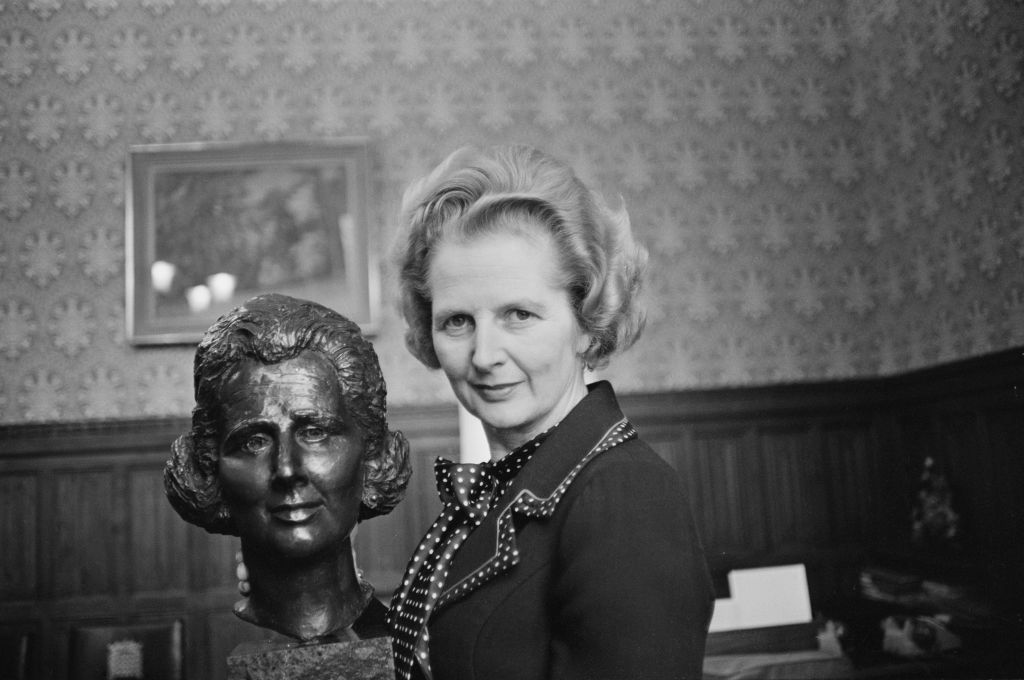 Was Margaret Thatcher great for Britain?
Was Margaret Thatcher great for Britain?The 'Iron Lady’ would be celebrating her 100th birthday this month. Margaret Thatcher rose to power in 1979 as the first ever female prime minister and was one of the most controversial leaders in history, but how did her policies shape today’s finances?
-
 It’s been 16 years, but the UK economy finally has a chance
It’s been 16 years, but the UK economy finally has a chanceOpinion The UK economy has been dealing with one crisis after another since 2007. Policymakers now have a chance to fix some of the underlying problems holding back growth.
-
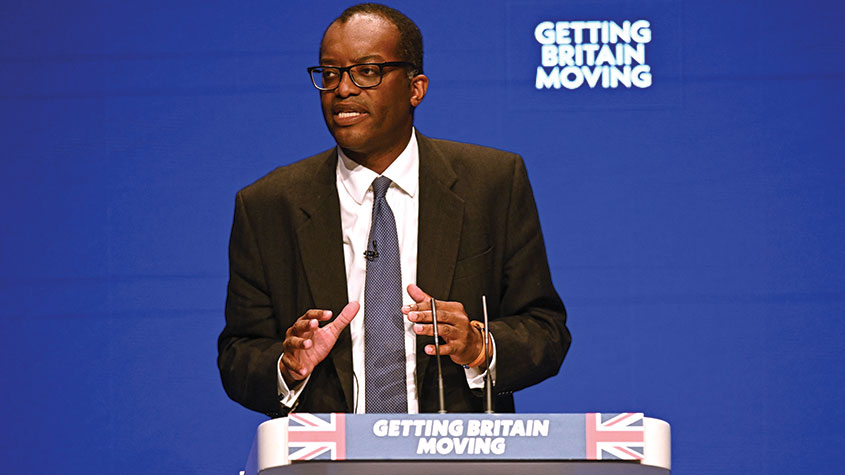 The “plan for growth”: what Truss and Kwarteng got right
The “plan for growth”: what Truss and Kwarteng got rightOpinion The Tories’ “plan for growth” has got off to a bad start, but their reforms can still transform Britain
-
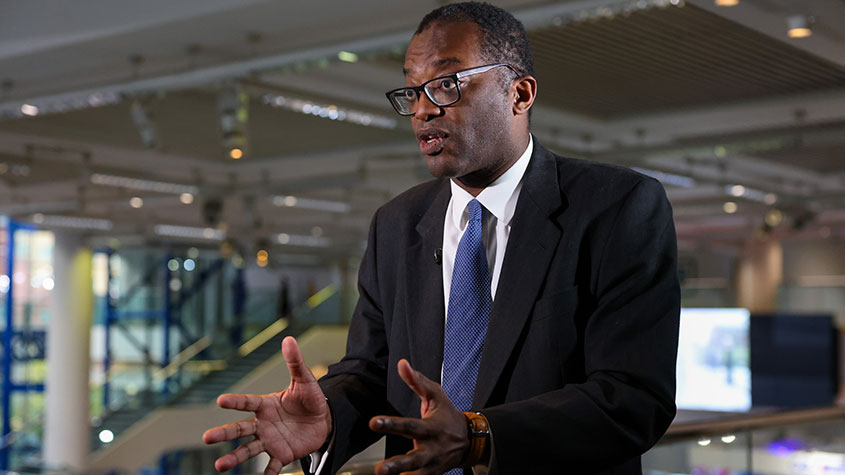 Kwasi Kwarteng U-turns on top tax rate decision
Kwasi Kwarteng U-turns on top tax rate decisionNews Kwasi Kwarteng has U-turned on his top tax rate reduction announced in his mini-Budget at the end of September.
-
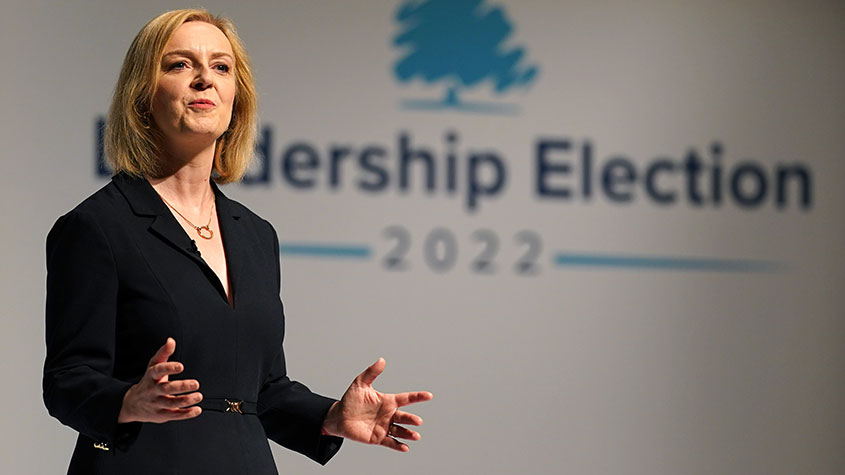 Investors should get ready for a political revolution
Investors should get ready for a political revolutionOpinion Liz Truss will beat Rishi Sunak, cut taxes, and then shake up the Bank of England, says Helen Thomas
-
 Who will be the next prime minister and what are the bookies’ odds?
Who will be the next prime minister and what are the bookies’ odds?News The Tory leadership contest is in its final phase. Matthew Partridge reports on the contest and looks at who the bookies’ favourite is.
-
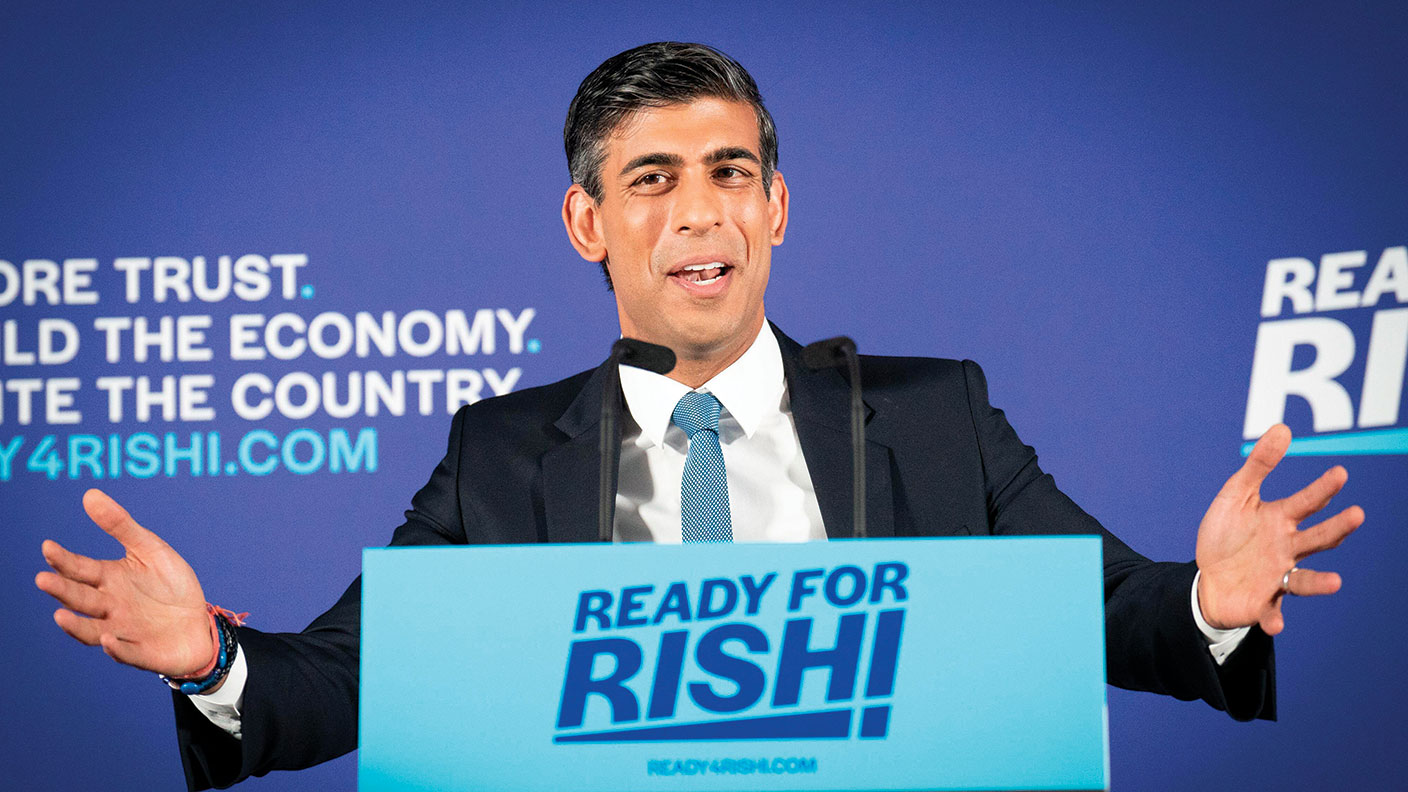 The public may have reached its limit for tax rises
The public may have reached its limit for tax risesEditor's letter The UK tax burden is now at a 70-year high. And, while there may be some reason to hold off on cuts right now, taxes are too high because the state tries to do too much. Perhaps it should do less, says Merryn Somerset Webb.
-
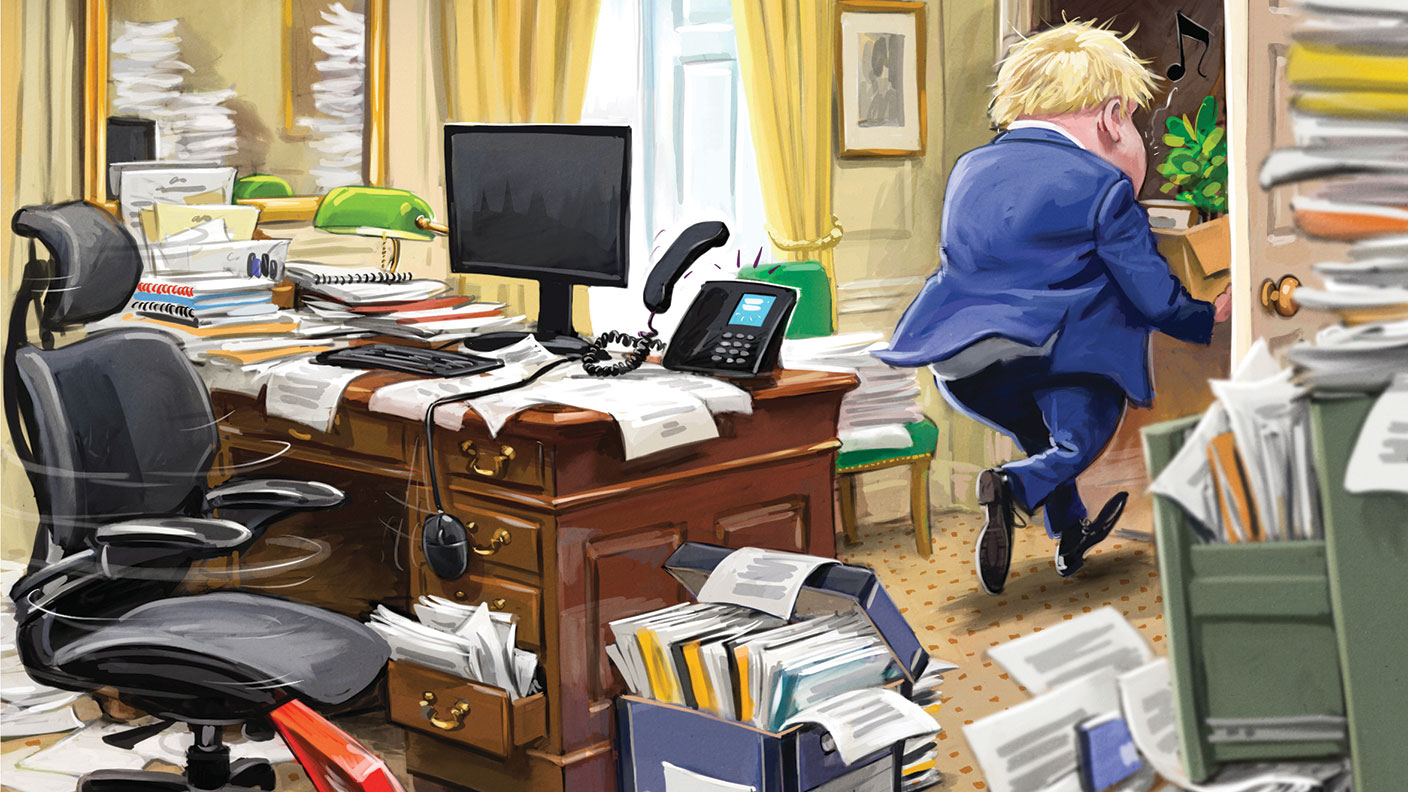 Boris Johnson's exit leaves Britain with a towering in-tray
Boris Johnson's exit leaves Britain with a towering in-trayBriefings Britain’s economic problems are rapidly piling up after the last few years of drift and chaos. What should we do first?